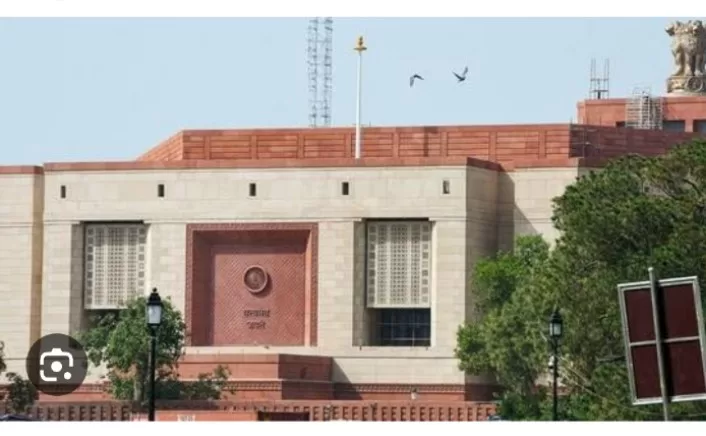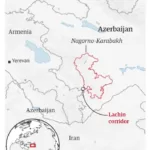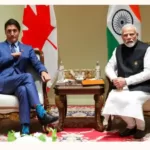The debate over the Women’s Reservation Bill in the Indian Parliament witnessed fiery exchanges and sharp rhetoric, with women parliamentarians taking center stage in the discussion. Notable figures such as Sonia Gandhi, Smriti Irani, and Mahua Moitra delivered impassioned speeches, while the bill’s fate hung in the balance.
Introduced by Congress leader Sonia Gandhi, the Women’s Reservation Bill seeks to provide 33 percent reservation for women in Parliament and state legislatures. However, the implementation of this reservation is scheduled only after the 2029 elections. Gandhi also called for a separate quota for women from Other Backward Classes, emphasizing the urgency of immediate implementation.
In response, MP Nishikant Dubey presented the ruling BJP government’s perspective, inviting criticism from the opposition. Congress leader Adhir Ranjan Chowdhury interrupted Dubey’s speech, leading to a retort from Home Minister Amit Shah, questioning if men couldn’t speak on women’s issues.
TMC MP Mahua Moitra, while speaking against the bill, termed it a “sham” and criticized the limitations imposed within the proposed legislation. She referred to it as a “placebo of legislatively-mandated procrastination” and expressed both pride and shame in addressing the bill in India’s Parliament.
Union Minister Smriti Irani responded to the opposition’s criticism, quipping that “success has many fathers and failure has none.” She highlighted how various parties tried to claim credit for the bill’s inception, alluding to the Congress party’s role. Irani thanked Sonia Gandhi while emphasizing that the bill’s noble work was initiated by PV Narasimha Rao. She also addressed allegations that the bill was a “Jumla” and commended those who wrote letters advocating for it.
In her speech, Sonia Gandhi voiced her support for the bill while stressing the need for immediate implementation. She regarded any delay as “gross injustice” to Indian women and urged provisions for the reservation of SC, ST, and OBC women following a caste census.
The debate over the Women’s Reservation Bill reveals the passionate and polarized discussions surrounding gender representation in Indian politics, with the bill’s future still uncertain.







